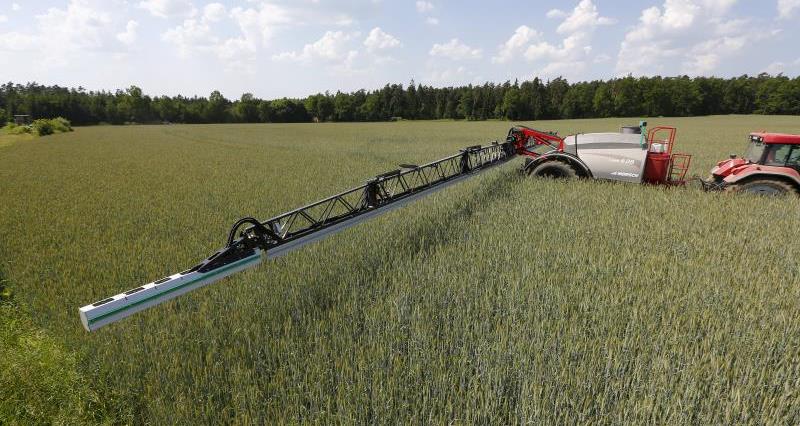IPM (Integrated Pest Management) is a whole farm approach to crop protection that maximises profitability while minimising environmental impact. Find out more about IPM.
The IPM plan enables individual businesses to evaluate their crop protection practices and continue to improve and develop IPM planning.
The plan allocates scores for the different components of IPM, enabling users to establish a baseline score and measure improvements year on year. Upon completion you will receive a tailored report of your plan.
IPM Plan for arable and potatoes
Complete this VI IPM Plan if you primarily farm combinable, forage and/or field-scale vegetable crops.
Complete this IPM plan if you farm grassland as a main crop.
IPM Plan for specialist Horticultural Crops
Complete this IPM plan for specialist horticultural crops (eg, ornamentals, salads, fruit and vegetables).
The plans should take approximately 30 minutes to complete and count towards BASIS/NRoSO accreditation:
- BASIS: to collect two BASIS points, please email the completed plan to [email protected], with your full name, the reference number IPM/138458/2425/h and your BASIS membership number.
- NRoSO: to collect two NRoSO points, please email the completed plan to [email protected], with your full name, the reference number NO503451g and your NRoSO membership number.
- BASIS Environmental Advisers Register: please email the completed plan to [email protected] with your full name, the reference number IPM/139398/2425/i and your BASIS membership number.
Completing the plans offline
You can also download the new two IPM plans to complete offline. Please note that you will not receive an IPM score if completing the plan this way, although it will still be eligible for BASIS/NroSO accreditation.
- Download the arable and potatoes plan (English) | Download the arable and potatoes plan (Welsh)
- Download the grassland plan (English) | Download the grassland plan (Welsh)
- Download the specialist horticulture plan | Download the specialist horticulture plan (Welsh)
For farmers in Scotland, see the Scottish IPM Assessment Plan.
The collated information collected through these plans will be used to measure IPM uptake across the industry and may be used to help develop future policy and lobbying work. Data collected from individual businesses will not be published or allow businesses to be identified by inference.
The VI would like to thank Henry Creissen of SRUC for his help in compiling these IPM Plans, which are based on published peer reviewed work (Creissen et al., 2019; Creissen et al., 2021).
